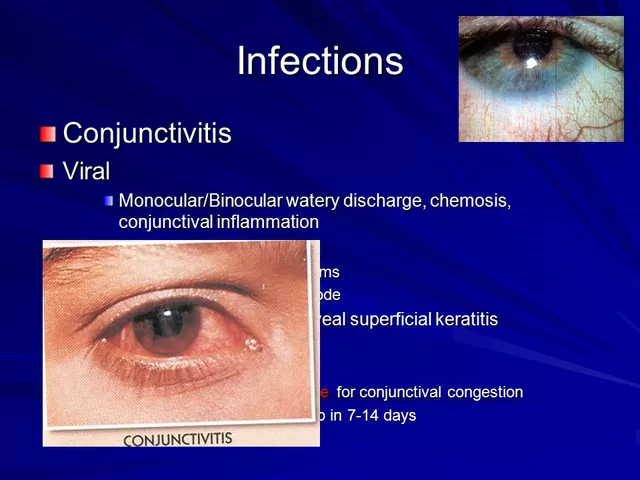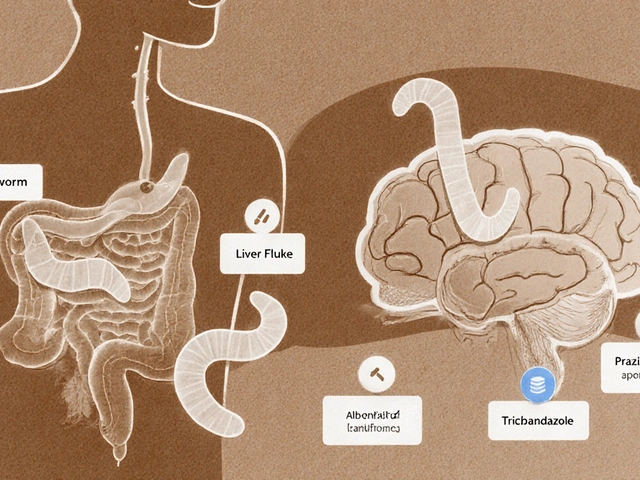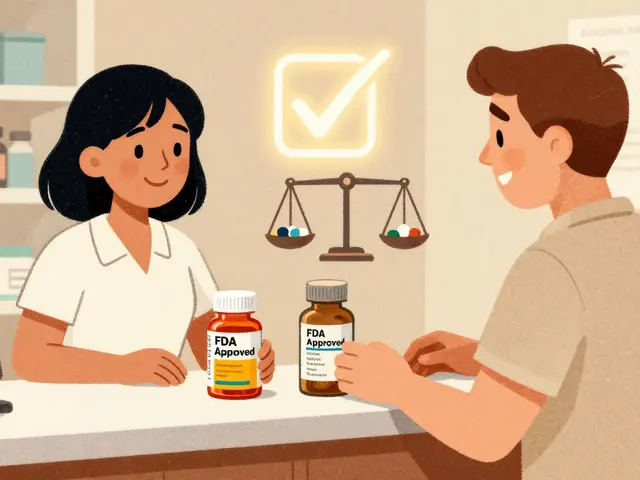Nebivolol: What it Is and When You Might Need It
Nebivolol is a beta-blocker doctors often prescribe for high blood pressure and sometimes heart failure. It works differently from older beta-blockers because it’s fairly selective for the heart and can also help widen blood vessels. That combo can lower blood pressure without some of the common downsides people worry about.
How to take nebivolol safely
Most adults start at 5 mg once daily. Your doctor may lower the dose to 2.5 mg or raise it to 10 mg depending on how you respond. Take it at the same time every day, with or without food, and swallow the tablet whole.
Don’t stop nebivolol suddenly. Stopping a beta-blocker fast can cause your heart rate and blood pressure to spike, and might trigger chest pain or palpitations. If you and your doctor decide to stop it, they’ll usually reduce the dose over a week or two.
If you have kidney or liver problems, are older, or take other heart medicines, your doctor will pick a lower starting dose and watch you closely. Also tell your doctor about any depression meds, some antidepressants, or strong CYP2D6 inhibitors like fluoxetine or paroxetine — these can raise nebivolol levels.
Common side effects and when to call your doctor
Most people tolerate nebivolol, but expect possible side effects like tiredness, headache, dizziness, or mild nausea. Because it slows the heart, you might notice a slow heartbeat (bradycardia). If your pulse is under 50 beats per minute, feel faint, or have new shortness of breath, call your doctor.
Serious reactions are less common but include very low blood pressure, severe dizziness, or signs of allergic reaction such as rash, swelling, or trouble breathing. If you get these, seek medical help right away.
Don’t take nebivolol if you have severe bradycardia, certain types of heart block, uncontrolled heart failure, or cardiogenic shock. Pregnant or breastfeeding people should discuss risks and alternatives with their clinician before starting it.
Watch for interactions: combining nebivolol with other drugs that slow the heart or lower blood pressure — like verapamil, diltiazem, digoxin, or other beta-blockers — raises the risk of very low heart rate or blood pressure. Alcohol can make dizziness worse, so limit drinking until you know how the drug affects you.
Practical tips: check your pulse and blood pressure at home during the first weeks, keep a log for your clinic visits, and bring a list of all medicines and supplements you take. If you’re switching from another blood pressure medicine, do it under medical supervision so doses can be adjusted safely.
If you need a reliable source of plain-language info or tips on handling prescriptions, Medipond has easy guides and reminders to help you manage meds day to day. And if you ever doubt a dose or notice worrying symptoms, call your doctor rather than guessing.










